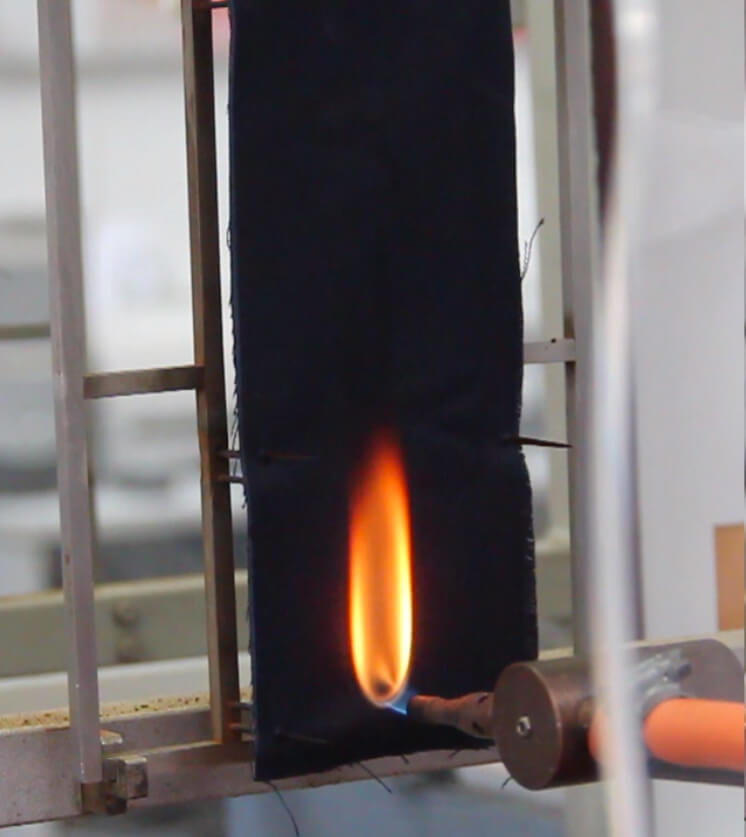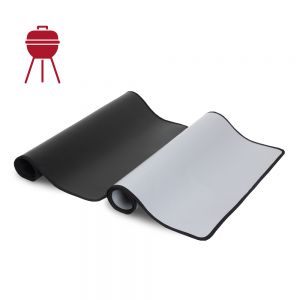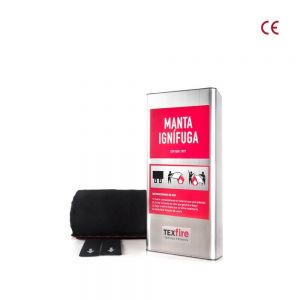Flame retardant: Does it not burn or does it delay fire?
They are materials that are more resistant to fire, "ignis" in Latin fire, together with the suffix -fugo.
The word flame retardant comes from Latin roots and means "fire-retardant". It is formed by the Latin word "ignis" (fire) and the suffix -fugo which comes from the verb "fugare" (to frighten).
Due to the lack of knowledge of the meaning of fireproof, we tend to consider it as a miraculous property, something prodigious, if it is fireproof and there is fire, nothing will happen to the product that possesses this condition, be it a fireproof fabric, a fireproof material, a paint, fireproof wood... Nothing will happen to it, it will remain intact.

Erroneously, many people think that if a fabric or material is given the adjective flame retardant, it means that it will not burn, that it will remain intact if fire comes near it. Although in the case of fabrics there is a big difference between those that are manufactured with permanent flame retardant fibers and those that receive a flame retardant treatment, it will be more understandable if we translate this word from english into spanish:
- English: Flame retardant (FR).
- Spanish: Retardante a la llama, resiste a la combustión.
This means that if a flame retardant material is exposed to fire, its reaction to combustion will be much slower, it will burn, but if the flame is removed, it will stop burning. These are materials that do not spread the flame when ignited, which have greater resistance to fire.
This is why we talk about the fire resistance time of flame retardant materials. This property is very important to understand that when we refer to it, we are talking about materials, products and/or substances that can protect us from fire in a specific time interval.






